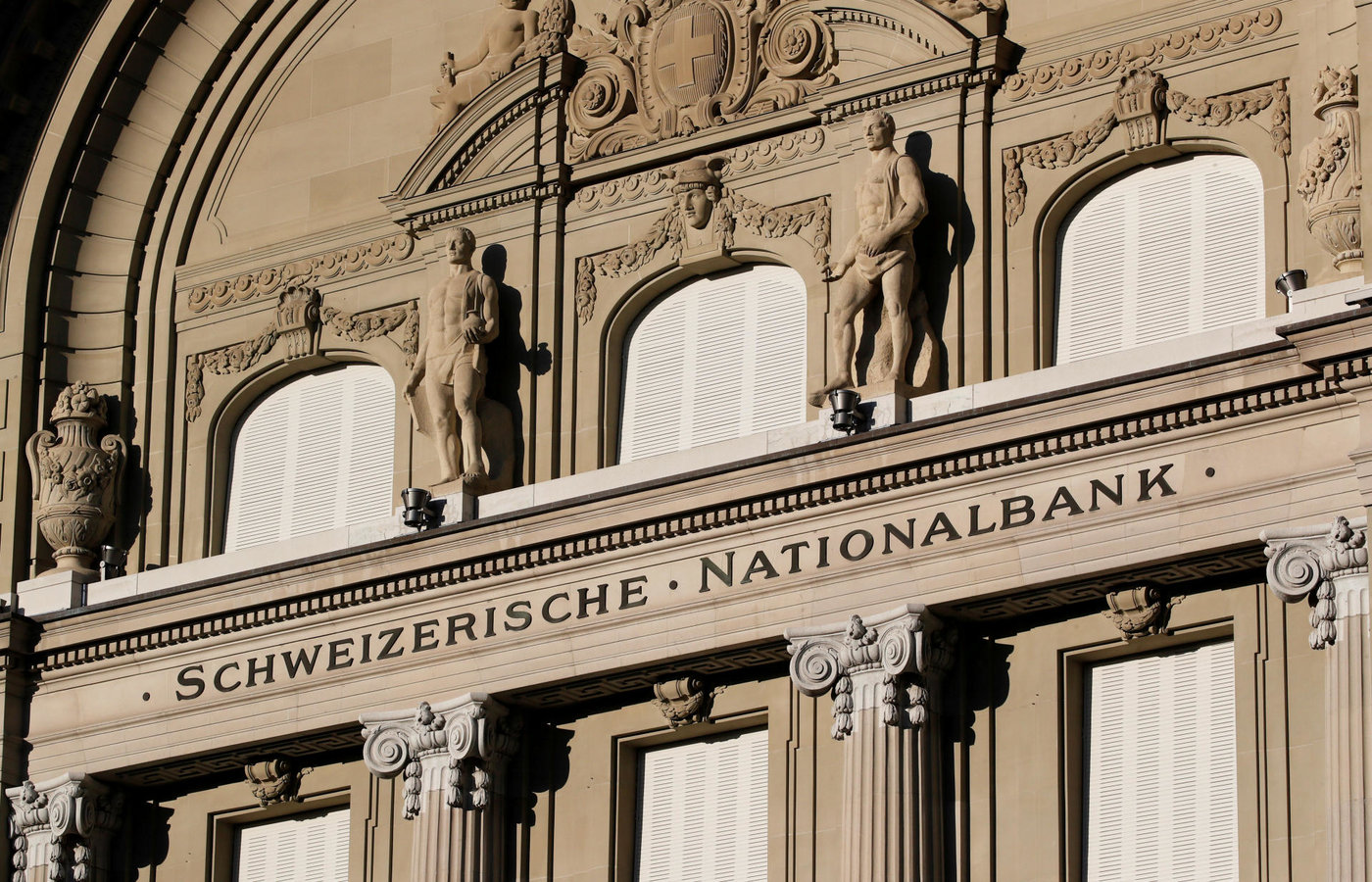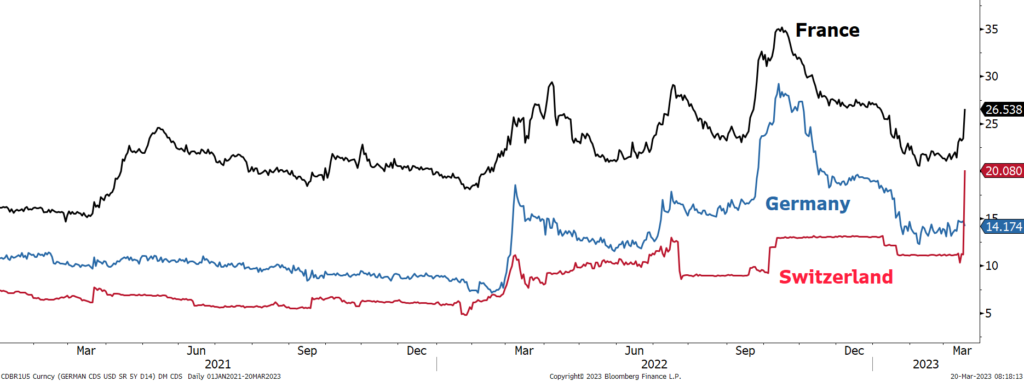
Date: 23 March, 2023 - Uncategorized
The SNB will make its policy announcement on Thursday
The decision is likely to attract even more attention than usual given the global focus on the Swiss financial sector. The Swiss National Bank only holds 4 meetings per annum. Its last meeting was in December. Since then, the ECB has hiked rates by 100bps. Hence, the SNB needs to catch up with its peers. Furthermore, headline inflation increased to 3.4% in February. This was the 2nd consecutive rise and closer to the August 2022 peak at 3.5%, its highest level since early 1993.
Higher rates still appear necessary to fight inflation. The SNB will hike rates by 50bps to 1.5%. Whilst the financial sector concerns should give the SNB some pause for thought, with inflation running too high, the SNB (like the ECB) should be able to make the distinguish between banking sector worries and inflation risks which still require further rate hikes.
Hence, an inflation-fighting change in rates may have little direct impact on the CHF beyond the signal it sends about risk. Following the ECB, even the impact a hike may have on sentiment could be ambiguous for the CHF. A rate hike could be viewed as CHF-positive if it implies that the SNB believes it has contained any risk to the financial sector and GDP. However, this could also be negative as any perception that Swiss/global risks have diminished could reduce demand for the safe haven.
Alternatively, if the SNB does not increase rates, the market would probably interpret it as a sign that Swiss financial sector risks remain high, with the CHF likely to weaken.
5-year CDS spread

Even if the SNB hikes rates further, yields will not support the CHF. After the Bank hiked its policy rate by 50bps in December to 1%, the Swiss 2-year yield reached its highest level since 2008 at 1.22%. At the start of this month, it was above 1.5%. It has tumbled back below 0.90% as rate hike expectations have vanished across developed markets. Euro yields have also declined, pulling the EUR/CHF 2-year spread lower. It corresponds with a decline in the EUR/CHF.
- The CHF is gradually losing its safe haven stance






